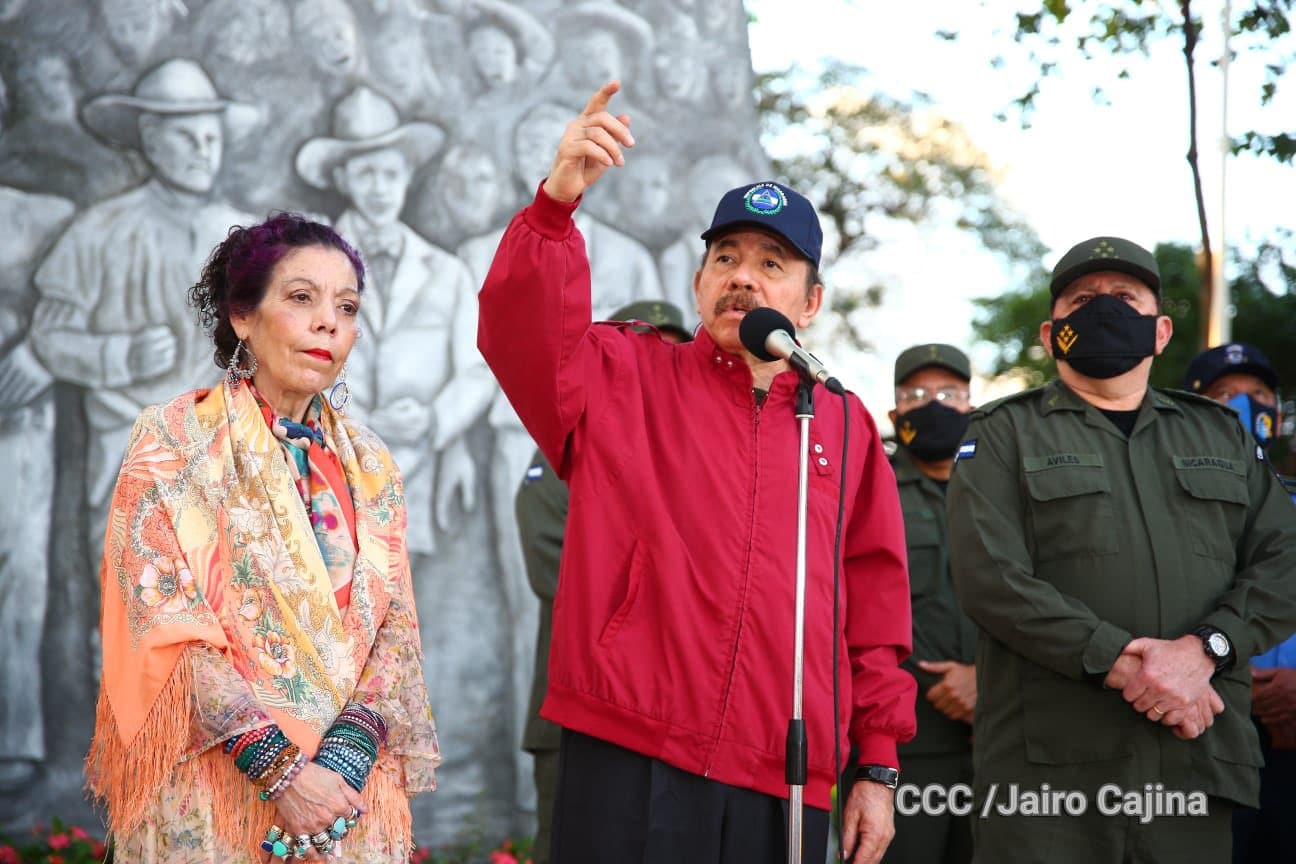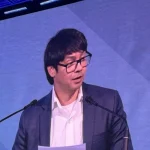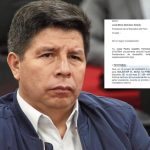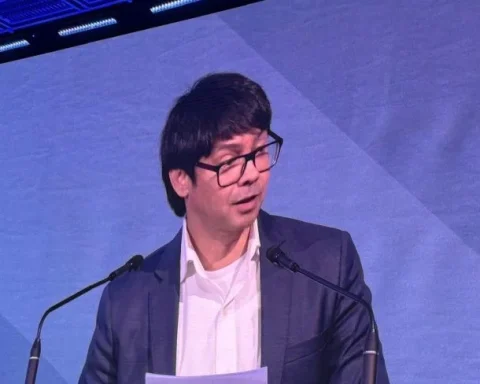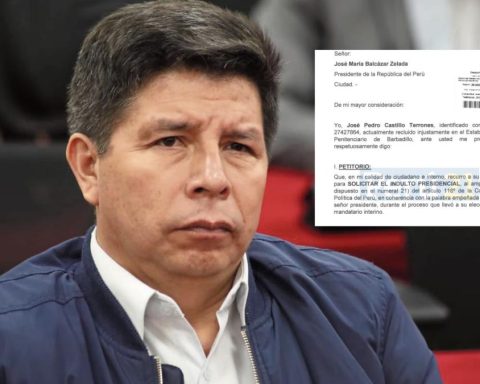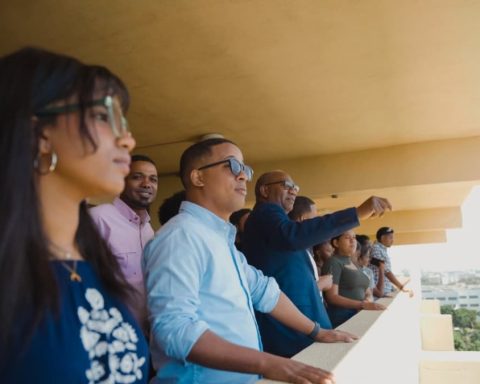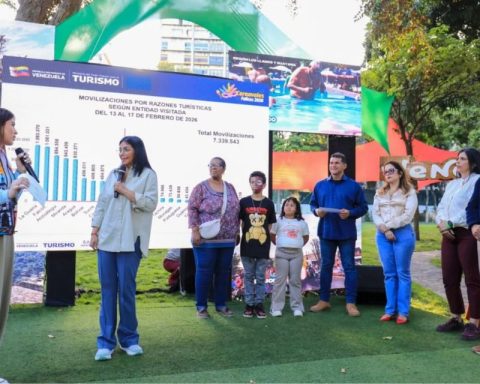The “authoritarian resilience” of the dictatorships of Nicaragua, Cuba and Venezuela – whose violations of the human, civil and political rights of their citizens continue in impunity – is sustained, despite the sanctions and condemnations of the international community.
This scenario should lead to a change in the political and diplomatic strategies of the international community, mainly the United States, to exert effective pressure that culminates in the restoration of democracies in these three countries, according to international experts.
Institute of The Americasa think tank based at the University of California at San Diego, Developed a series of panel discussions to discuss what should be the modifications in the strategy of the United States and the democracies of the hemisphere to influence the solution of the political crises that Nicaragua, Cuba and Venezuela are experiencing.
In the panel labeled “A review of current US policies in the midst of geopolitical changes”, The current effectiveness of the political strategies developed by North American diplomacy was discussed.
Participating in the panel were Jorge Castañeda, former Secretary of International Relations of Mexico, Jeff Davidow, former United States Ambassador to Venezuela, Mark L. Schneider, Senior Advisor at the Center for Strategic & International StudiesRichard Feinberg, professor emeritus of the UC San Diego School of Global Policy and Strategy and Carlos Fernando Chamorro, director of CONFIDENTIAL.
The urgency of the Nicaraguan crisis
Chamorro outlined the need to “act with great urgency on the Nicaraguan crisis, both for humanitarian and political reasons,” highlighting the need for a medium-term strategy that combines coordinated action by the country’s main political, social, and economic forces, together with under pressure from the international community.
“The international allies must support the pro-democracy movement so that there is a synchronization of internal and external pressure,” he pointed out.
Chamorro explained that this lack of synchronization was evident during the weeks that followed the social outbreak of April 2018, when internal pressure was very strong due to citizen protests, while the regime was at its weakest political point.
“When the internal pressure was greater against the Daniel Ortega regime, the international pressure from the United States, the OAS and the European Union was weaker, after all it was almost non-existent,” he remarked.
Four years after the April Rebellion, the panorama has changed radically. The repression of the police and paramilitary forces with the complicity of the Nicaraguan Army gave rise to the establishment of a de facto police state, the annulment of civil liberties and the cancellation of elections as a mechanism to define in democracy who will have the power in the country.
“Today the situation is the opposite. The international condemnation is growing, but the police state is crushing the national civic and opposition movement,” said Chamorro.
Strengthen pro-democracy movements
The journalist highlighted what in his opinion are the keys to modifying the strategy of the international community in its pressure on the regime of Daniel Ortega and Rosario Murillo.
“There is a need for simultaneity between internal and external pressures. This lack of synchronization between international pressure and internal pressure cannot be compensated by external forces. They must strengthen the pro-democracy movement, but not replace it,” he stated.
However, he insisted that the strengthening of Nicaragua’s pro-democracy movements can only be achieved with the restitution of political freedoms, the suspension of the de facto police state and the release of all political prisoners.
“International sanctions against political operators may weaken the regime, but if democratic freedoms are not restored, they will not strengthen the pro-democracy movement,” he added.
Chamorro pointed out that the Joe Biden Administration must forge regional alliances to develop joint strategies against the regime, for which they must deal with the lack of interest in the Nicaraguan crisis reflected by governments such as those of Honduras, Guatemala, Mexico and Argentina, among others. others.
“The United States must develop a specific policy that differentiates our country from the crises in Cuba and Venezuela and the rest of Central America. The United States has a special envoy for Central America, whose focus is the Northern Triangle and excludes Nicaragua, despite the fact that there is a growing migration crisis from Nicaragua,” he added.
CABEI and the Army: pillars of the dictatorship
He warned that the situation of two of the main pillars on which the regime is sustained, such as the Central American Bank for Economic Integration (CABEI), its main source of financing, and the Nicaraguan Army through its business arm of the Military and Social Welfare Institute (IPSM)
He also emphasized the enormous weight of the private sector in the Nicaraguan economy, a factor that notably differentiates the national crisis from what is happening in Cuba and Venezuela.
“Private sector leadership is paralyzed by repression. The private sector is the muscle of the national economy that can shorten or prolong the crisis of this dictatorship. The ‘let’s wait and see’ policy implies contemplating the national collapse more slowly,” he warned, and advocated giving incentives to the private sector to reactivate its civic role and begin to put limits on tyranny.
The diplomatic weight of Argentina, Mexico, Brazil and Chile
Jorge Castañeda, former Secretary of International Relations of Mexico, emphasized that the lack of cohesion in the hemispheric community exacerbates the problem of achieving a joint diplomatic strategy to restore freedoms in these authoritarian regimes.
For Castañeda, if a regional initiative wants to be successful, it must have the support of countries such as Argentina, Mexico, Brazil and Chile.
“It is essential for any successful policy or any strategy, especially in Latin America, that other countries accompany the United States in all these cases and in other cases that could emerge, such as El Salvador. If other countries join in acting together, not behind the United States, but hand in hand with Washington, it could be successful. Without them, I don’t see any chance of that happening,” Castañeda said.
Examples of the need for this joint real strategy are the failure of the Lima Group to influence the solution to the crisis in Venezuela and the impossibility of obtaining the votes in the Organization of American States to invoke the Inter-American Democratic Charter in the case of Nicaragua. .
“The main problem in going to other countries in the Western Hemisphere is that the small states of the Caribbean and central South America do not have the same weight as Argentina, Mexico, Colombia, Brazil and Chile,” Castañeda said.
Sanctions have to target limited targets
Richard Feinberg, professor emeritus of the UC San Diego School of Global Policy and Strategy, He insisted in his speech that international pressure policies have to target key structures, such as the Nicaraguan Army.
“There are many effective ways to achieve these pressures on the military. The United States has a lot of influence, when it wants to use the power it has. If these efforts are supported by other countries, we can expect actions that limit the regime in continuing to use its security forces to sustain itself,” he opined.
“If the sanctions have limited objectives that do not mean affecting the population, they can be effective. If we squeeze the entire financial system of the country, in an economy like Nicaragua’s, I don’t think they will be very successful. In addition, we have seen how regimes such as Cuba, Venezuela and Nicaragua can control their resources, distribute them, prioritizing their loyalists, the Army, to maintain control,” added Feinberg.
Mark L. Schneider, Senior Advisor to the Center for Strategic & International Studies He believed that international pressure policies focused on the security forces that support regimes such as Nicaragua’s must be established.
“With our allies in the region, we have to identify how we can impact the security forces that operate in favor of the Daniel Ortega regime. Many of these forces have not been impacted by these policies, to date,” he added.
Jeff Davidow, former US ambassador to Venezuela, defended the sanctions mechanism as an effective way to achieve changes in authoritarian regimes, if they are part of a comprehensive policy of diplomatic pressure.
“People who insist that sanctions are not effective are not correct. They have to be part of a comprehensive policy and are always more effective when they are part of multilateral efforts. For many years, we have seen how diplomacy and the threat of sanctions have been enough to achieve positive impacts and results”, she underlined.
